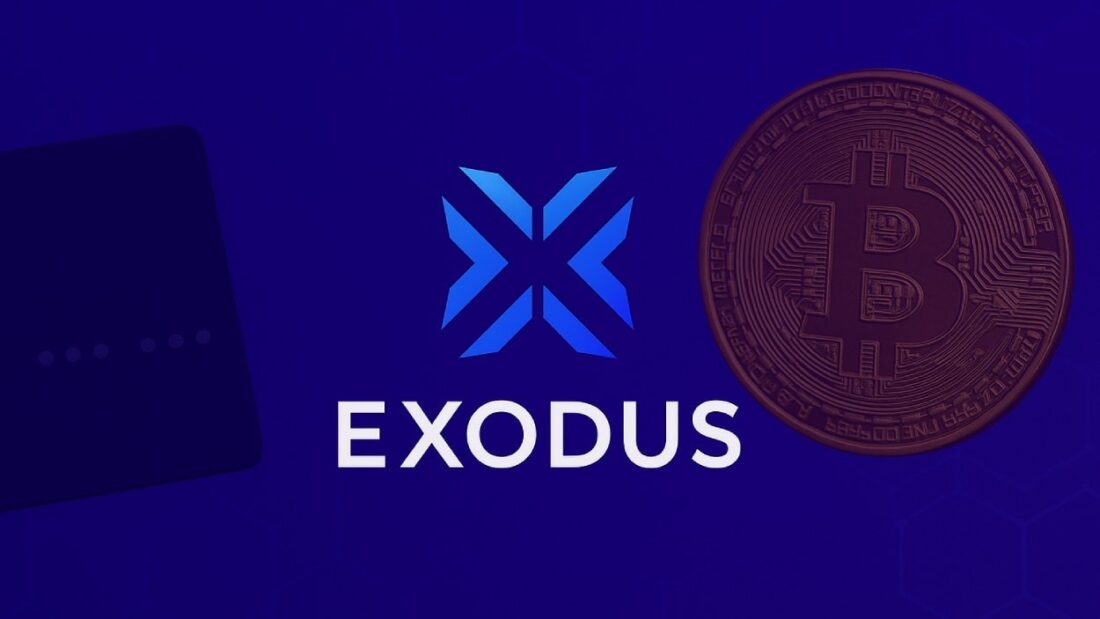Exodus Movement is acquiring W3C Corp, including Baanx and Monavate, in a $175 million deal aimed at transforming its wallet platform into a full-scale crypto payments hub.
Key Takeaways
- Exodus will acquire W3C Corp, along with its subsidiaries Baanx and Monavate, for $175 million, targeting an end-to-end crypto payment solution.
- The acquisition allows Exodus to issue Visa, Mastercard, and Discover cards, enabling direct stablecoin spending from wallets.
- The deal is expected to close in early 2026, pending regulatory approval across the U.S., U.K., and European Union.
- Exodus plans to finance the deal using cash reserves and a Bitcoin-secured credit facility, while also reducing third-party reliance and adding new revenue streams.
What Happened?
Exodus Movement, a New York Stock Exchange-listed self-custodial wallet provider, has announced a definitive agreement to acquire W3C Corp for $175 million. W3C is the parent of fintech payment infrastructure firms Baanx and Monavate. The acquisition is expected to close by early 2026, pending regulatory approvals in multiple regions.
The next era of Exodus is here.
— Exodus (@exodus) November 24, 2025
Self-custody, meet payments.
Today, Exodus announced that we’ve entered into a definitive agreement to acquire W3C Corp, parent of @Monavate_News and certain Baanx entities formerly owned by the @BaanxGroup.
With this transaction, we’re powering… pic.twitter.com/rTe7GlusYp
Strengthening the Payments Stack
This deal marks a major step in Exodus’s strategic push to offer a complete crypto payments ecosystem. W3C’s subsidiaries Baanx and Monavate bring valuable infrastructure capabilities to the table:
- Baanx, founded in 2018, specializes in crypto-friendly payments and operates under an Electronic Money Institution license from the UK’s Financial Conduct Authority. It offers virtual and physical debit cards, stablecoin spending features, and has worked with big names like Metamask and Ledger.
- Monavate, based in Omaha since 2015, provides services including BIN sponsorship, fraud prevention, compliance tools, and card program management. It enables fintech and crypto companies to tap into traditional card networks.
By integrating these platforms, Exodus aims to build a self-contained stack for crypto payments, connecting wallet functionality directly with card issuance and processing tools.
Bridging Crypto and Everyday Spending
The acquisition allows Exodus to issue branded payment cards through major networks such as visa, Mastercard, and Discover, enabling users to spend stablecoins like USDT and USDC globally at millions of retail locations.
CEO JP Richardson said:
Financing and Strategic Expansion
Exodus plans to fund the acquisition using its existing cash holdings and a Bitcoin-secured credit facility with Galaxy Digital. Additionally, the company has already loaned $58.8 million to W3C and may extend another $10 million for working capital, depending on specific conditions.
This acquisition follows Exodus’s purchase of Grateful, a stablecoin payments startup based in Uruguay, as part of its broader effort to scale payment options across Latin America.
Building a Bigger Ecosystem
According to company data, Exodus had over 6 million users as of early 2025. This acquisition is expected to improve that experience by offering:
- Regulated payment rails
- Programmable payouts and enterprise tools
- Direct stablecoin spending options
- Broader support for fintech partnerships
The deal also reinforces Exodus’s long-term strategy to reduce third-party dependencies and generate new revenue from interchange and processing fees.
CoinLaw’s Takeaway
I found this acquisition especially meaningful because it signals that crypto payments are moving beyond hype into real-world utility. I’ve seen many wallets try to integrate spending features, but few have actually locked down the infrastructure like Exodus is doing. In my experience, combining self-custody with practical spending tools like cards is exactly the kind of real-world bridge we need. This is not just another flashy crypto deal; it’s a sign of serious, infrastructure-focused growth. If you’re into crypto for the long haul, keep an eye on how Exodus builds out this stack.


































































